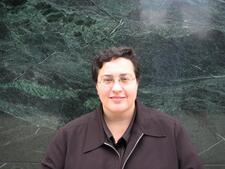Writing
Jessie Bernard
Sociologist Jessie Bernard’s feminist epiphany came at age 67 in 1969, but her earlier work anticipated feminist theory by discussing the differences between men’s and women’s experiences and arguing that quantitative studies did not accurately represent women’s stories.
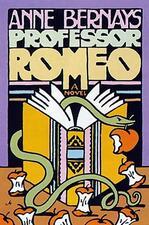
Anne Fleischman Bernays
Anne Fleischman Bernays is an American editor, novelist, and nonfiction writer. Her literary work is notable for its exploration of Jewish experiences of America, the pressure of assimilation, and the then-taboo subject of sexual harassment.
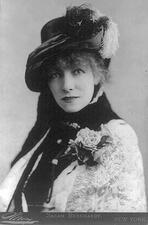
Sarah Bernhardt

Miriam Bernstein-Cohen
Miriam Bernstein-Cohen was an influential actor, director, poet, and translator in Europe and Israel. She was a versatile actor, appearing successfully both in comedies and in serious plays with the Ohel, Matateh, and Haifa Municipal Theater companies. In addition to her theater work, she wrote books and essays on theater and literature throughout her life.
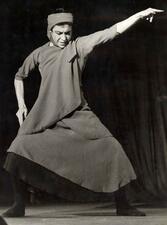
Deborah Bertonoff
From her debut at age nine through her performances in her late seventies and teaching into her late eighties, Deborah Bertonoff made dance her life’s work. Bertonoff began studying at the Bolshoi School before moving to Israel and joining the Habimah Theater. After studying dance in Europe she began choreographing, and in 1944 she founded a dance studio. She was honored with the 1991 Israel Prize.
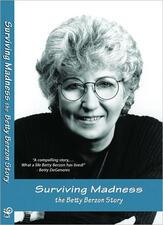
Betty Berzon
Biblical Women in World and Hebrew Literature
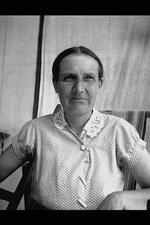
Elisheva Bichovsky
After making Aliyah in 1925, Elisheva Bichovsky (born in Russia as Elizaveta Zhirkova), helped shape the Yishuv’s literary scene as one of Palestine’s first Hebrew poets. Her 1926 Kos Ketannah and 1929 Simta’ot were, respectively, the first poetry collection and first novel written by a woman to be published in Palestine.
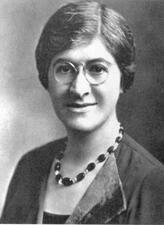
Adele Bildersee
A feminist before her time, Adele Bildersee was an advocate for women in education. She graduated with the first class of the then all-women’s Hunter College in 1903 and went on to help found Brooklyn College, serving as both its dean of students and its director of admissions.
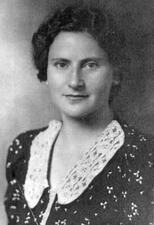
Chaske Blacker (Blacher)
During her brief life, Yiddish writer Chaske Blacker worked in radio, tobacco and dress factories, and reared two children while supporting her poet-husband. It is no surprise that her stories mainly focused on the working class. She produced two novellas and a dozen short stories while still acting as the main breadwinner for her family.
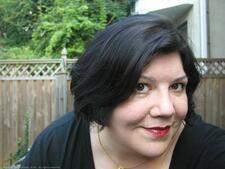
Hanne Blank
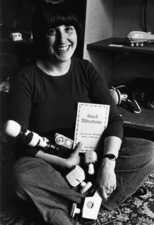
Joani Blank
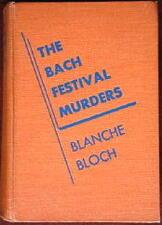
Blanche Bloch
Blanche Bloch helped open new opportunities for women in music as both a founding member and conductor of the New York Women’s Orchestra. Bloch collaborated with her husband, Alexander Bloch, performing, writing operettas, and delivering joint concerts and music lectures. Bloch also authored two mystery novels.
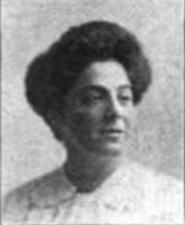
Anita Block
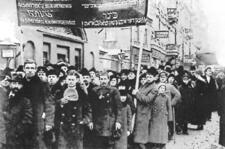
Dina Blond
As chairwoman of the Bundist women’s organization Yidisher Arbeter Froy, Dina Blond was one of the most prominent representatives of the Jewish labor party in interwar Poland. At the same time, she was also one of the best-known Yiddish translators of her day.
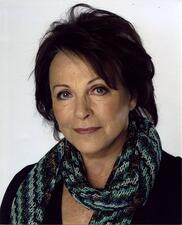
Claire Bloom
Helen Abrahams Blum
Helen Abrahams Blum was an artist who developed a passion for theater. Blum exhibited her work in various galleries throughout the United States and designed scenery and costumes for the Little Theater Movement. She was an active member of the Rodeph Shalom Sisterhood and the international peace movement.
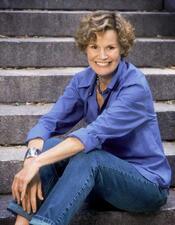
Judy Blume
American writer Judy Blume is a perennially best-selling author of books for children and adults. Her books are popular with generations of young readers and have sold over 85 million copies worldwide.
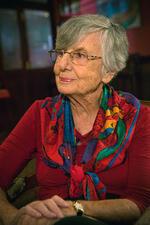
Ruth Bondy
Ruth Bondy was an author, a journalist, and a gifted translator. Born in Prague to a large Zionist family, the majority of whose members perished in the Holocaust, Bondy survived Theresienstadt and Auschwitz-Birkenau and arrived in Israel in late 1948. She soon became a journalist, and eventually began to write biographies and translate from Czech to Hebrew.
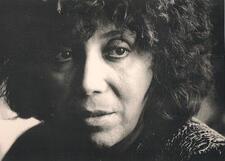
Aida Bortnik
Aída Bortnik was an Argentine journalist, dramaturge, and screenwriter who wrote the first Argentine screenplay nominated for an Academy Award (“The Truce,” 1974), an award she later won for best foreign film in 1986 (“The Official Story”). Bortnik was also the first Argentine to pen a screenplay that addressed the military dictatorship (1976-1983) and the first Latin American admitted as a permanent member of the Academy of Motion Picture Arts and Sciences.

Jane Bowles
Admired for her darkly comic wit by writers like Truman Capote, Tennessee Williams, and John Ashbery, writer Jane Bowles became the center of an avant-garde circle in Morocco with her husband, writer Paul Bowles. Her works have garnered critical acclaim long after her death.
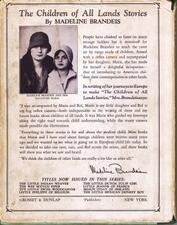
Madeline Brandeis
Born in San Francisco in 1897, Madeline Brandeis was a noted children’s book author and pioneer filmmaker, who produced films outside the mainstream Hollywood studios. Until her untimely death in 1937, Brandeis traveled the world in search of stories to tell, while aiming the lens of her camera at the lives of her characters.
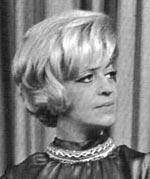
Brazil, Contemporary
Brazil is home to the second largest Jewish community in South America. Jewish women played important roles in the absorption of Jewish immigrants from Europe, the Middle East, and North Africa, and also made important contributions to Brazilian intellectual and artistic life.
Elsie Oschrin Bregman
Psychologist Elsie Oschrin Bregman’s pioneering research changed how psychologists measured intelligence. Her research ranged from measuring intelligence in saleswomen to army recruits.
